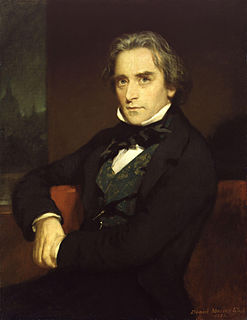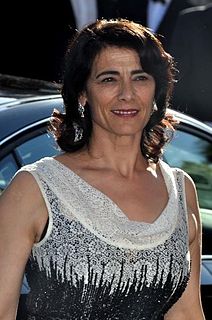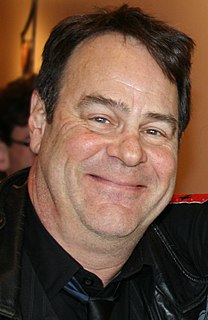A Quote by Robert Nozick
Given the complexity of interpersonal relationships and institutions and the complexity of co-ordination of the actions of many people, it is enormously unlikely that, even if there were one ideal pattern for society, it could be arrived at in an a priori fashion. And even supposing that some great genius did come along with a blueprint, who could have the confidence that it could work
Related Quotes
For two generations up through the mid-1980s, many thought we were losing the Cold War, even in early 1989, few believed that Poland`s solidarity movement could win, that the Iron Curtain would come down, that the Baltic states could be free, that the second of the 20th century`s great evils, communism, could be vanquished without war, but it happened and the West`s great institutions, NATO and the E.U., grew to embrace 100 million liberated Europeans.
I believed even then that if I could transform my experience into poetry I would give it the value and dignity it did not begin to possess on its own. I thought too that if I could write about it I could come to understand it; I believed that if I could understand my life—or at least the part my work played in it—I could embrace it with some degree of joy, an element conspicuously missing from my life.
Smith could not be expected to have anticipated the horrors that were to come. But even in his own time, he was a defender of certain state actions that he thought necessary in order to safeguard the good effects of commercial society (Smith did not speak of 'capitalism' and was acquainted only with an early undeveloped form of it). Among these state actions the chief was general public education.
Facts, at any rate, could not be kept hidden. They could be tracked down by inquiry, they could be squeezed out of you by torture. But if the object was not to stay alive but to stay human, what difference did it ultimately make? They could not alter your feelings, for that matter you could not alter them yourself, even if you wanted to. They could lay bare in the utmost detail everything that you had done or said or thought; but the inner heart, whose workings were mysterious even to yourself, remained impregnable.
If it were possible for us to have so deep an insight into a man's character as shown both in inner and in outer actions, that every, even the least, incentive to these actions and all external occasions which affect them were so known to us that his future conduct could be predicted with as great a certainty as the occurrence of a solar or lunar eclipse, we could nevertheless still assert that the man is free.
When I had finished the book I knew that no matter what Scott did, nor how he behaved, I must know it was like a sickness and be of any help I could to him and try to be a good friend. He had many good, good friends, more than anyone I knew. But I enlisted as one more, whether I could be of any use to him or not. If he could write a book as fine as The Great Gatsby I was sure that he could write an even better one. I did not know Zelda yet, and so I did not know the terrible odds that were against him. But we were to find them out soon enough.
The movie that we could've finished in 2001 would've sucked. The movie that we could've finished in 2002 would've just been a disaster, even into 2003, it would've been very cobbled together, amateuristic stuff. But as we went along, we really did stumble upon some accidental themes, and with the things you could do with computers, and all that sort of stuff just sort of really accelerated into where the stuff that we could do right here at my house became - you could almost do anything.
Informal relationships are not mere minor interstitial supplements to the major institutions of society. These informal relationships not only include important decision-making processes, such as the family, but also produce much of the background social capital without which the other major institutions of society could not function nearly as effectively as they do.
What a laugh, though. To think that one human being could ever really know another. You could get used to each other, get so habituated that you could speak their words right along with them, but you never know why other people said what they said or did what they did, because they never even know themselves. Nobody understands anybody.









































